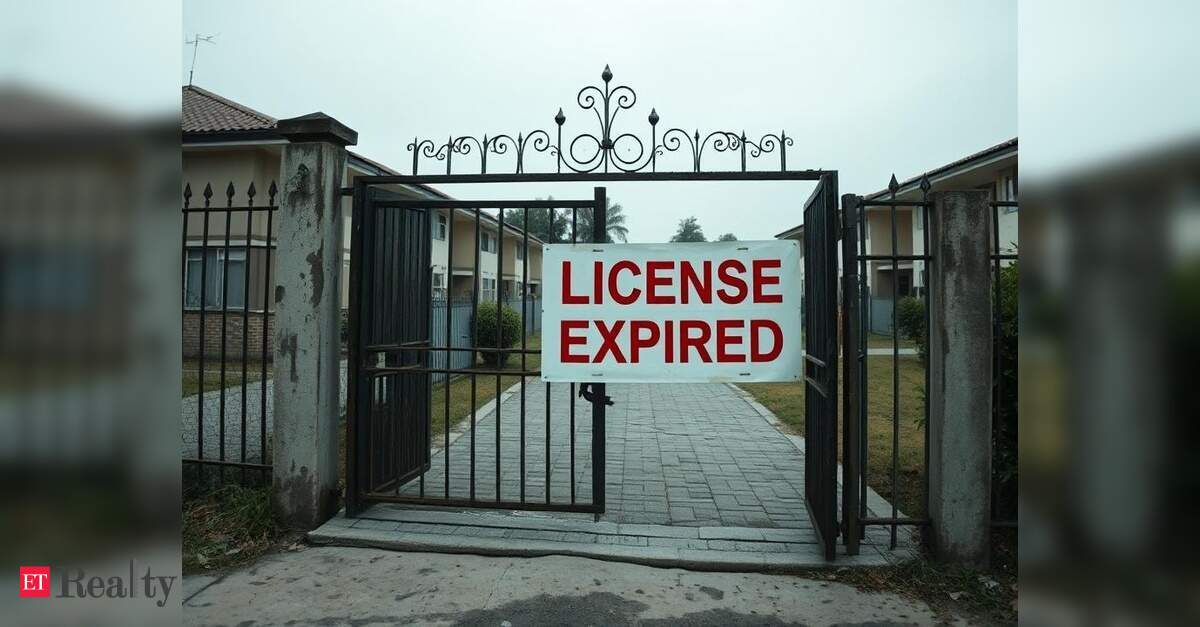
CHENNAI: To improve transparency and fairness in property transactions, the state government has revised the stamp rule framework, introducing the concept of “composite value” for apartments and flats while allowing more flexible guideline value revisions. The new regulations, which take effect from June 23, represent a significant change in property valuation practices in Tamil Nadu.
The reforms enable the valuation committee to update guideline values at any time during the year, rather than being restricted to a specific month. “Previously, revisions were limited to October. If a decision was made in April to adjust values, we had to wait. Now, updates can occur as needed, but the decision-making process remains unchanged, with district-level committees involved,” explained an official.
Although prime real estate prices are high, guideline values in Tamil Nadu are significantly lower, leading to inconsistencies in registration fees. For instance, T. Nagar has a guideline rate of ₹28,000 per square foot—the highest in the state—yet many areas fall far below this.
“By comparison, MG Road in Bengaluru has a guideline value of around ₹1 lakh per square foot. For a property worth ₹1 crore, this translates to a ₹6.65 lakh stamp duty. In Tamil Nadu, the same property would incur only ₹4.5 lakh in duties because of lower guideline values. Increasing these values could effectively reduce stamp duty,” the official noted.
Another key aspect of the amended rules is the formal definition of “composite value,” which encompasses the total value of an apartment, villa, or row house, including both super built-up area and undivided land share. Officials highlighted that this change is crucial to accurately reflect market dynamics in urban areas, where communal amenities and shared spaces significantly influence property values. Although the term “composite value” has been informally used since 2023, the previous rules only referred to “property.” This amendment brings legal terminology in line with current market practices, according to a senior registration department official.
The new regulations also instruct officials to consider additional factors when appraising apartments under the TN Apartment Ownership Act of 2022, including construction quality, road width, proximity to public transport and markets, and provided amenities.
All district registrars and sub-registrars are mandated to implement these changes immediately. The department will also update its online systems and publish revised values in the forthcoming weeks.
Experts have welcomed these reforms. “While updating guideline values is essential, it should be done gradually. A slight increase each year is acceptable, but significant hikes could adversely affect buyers. Revisions need to be spaced out by at least two years,” stated G. Mohan, former president of the Chennai Southern Builders Association. He also praised the official recognition of composite value, calling it a long-overdue step toward transparency. “Previously, amenities were informally considered; now it’s formal and straightforward,” he remarked.
Echoing these sentiments, J. M. S. Nagarjunan, general secretary of the Alliance of Residents Welfare Associations, pointed out the vast difference between guideline and market values in areas like Nanganallur, where land is priced at ₹12,000 per square foot, but the guideline rate stands at only ₹4,500. “This discrepancy fosters under-the-table transactions. By reasonably raising guideline values—to approximately ₹9,000—it could mitigate such dealings and reflect fair pricing,” he explained, adding that the government should also consider lowering stamp duty to benefit genuine homebuyers.




